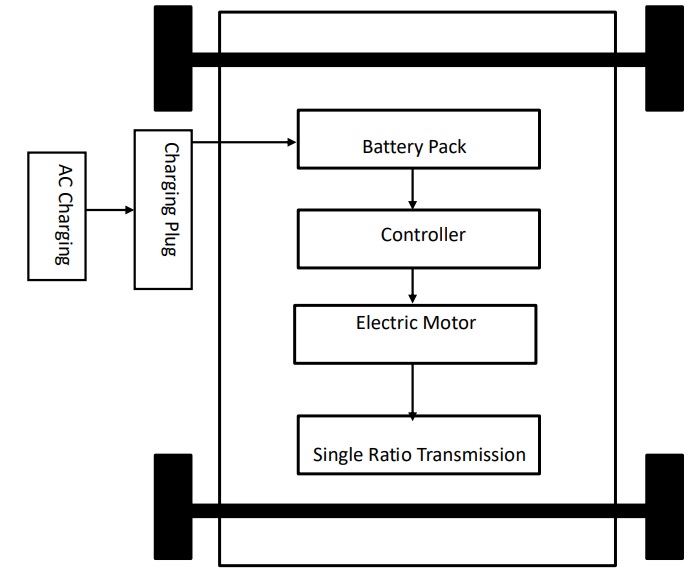Study on Electric Tractor
DOI:
https://doi.org/10.54741/asejar.2.3.1Keywords:
electric motor, batteries, controllerAbstract
The increasing demand for sustainable and environmentally friendly agricultural practices has led to the development of electric tractors as an alternative to traditional fossil fuel-powered tractors. This abstract provides an overview of electric tractors, highlighting their key features, benefits, and potential challenges. Electric tractors are agricultural vehicles that utilize electric motors as their primary source of propulsion, eliminating the need for internal combustion engines. These tractors rely on electricity stored in on board batteries or obtained through external charging infrastructure. The shift towards electric power offers several advantages, including reduced greenhouse gas emissions, lower operating costs, and improved energy efficiency.
Downloads
References
ttps://www.studocu.com.

Downloads
Published
How to Cite
Issue
Section
ARK
License
Copyright (c) 2023 Rachhpal Singh, Narender Singh, Mukesh Kumar, Parul Rao, Sonu, Sanjay Kumar, Er. Sandeep Kumar

This work is licensed under a Creative Commons Attribution 4.0 International License.
Research Articles in 'Applied Science and Engineering Journal for Advanced Research' are Open Access articles published under the Creative Commons CC BY License Creative Commons Attribution 4.0 International License http://creativecommons.org/licenses/by/4.0/. This license allows you to share – copy and redistribute the material in any medium or format. Adapt – remix, transform, and build upon the material for any purpose, even commercially.










